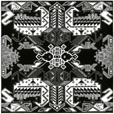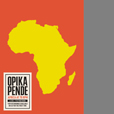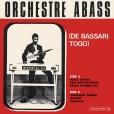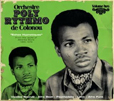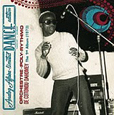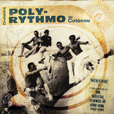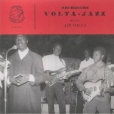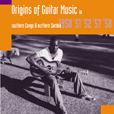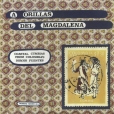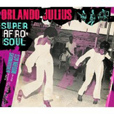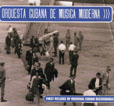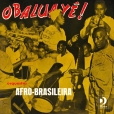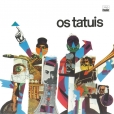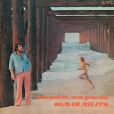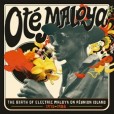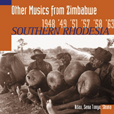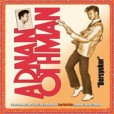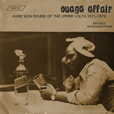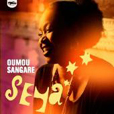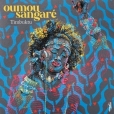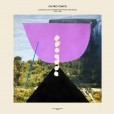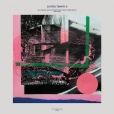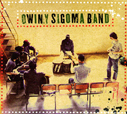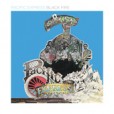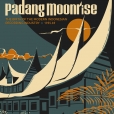Your basket is empty

Forgotten masterpieces, out-of-this-world improvisations from the 1920s; and dazzling commissions by Sir Richard Bishop, Six Organs Of Admittance and co. ‘Dextrous, frenzied, fearless… awesome’ (Plan B).
Better sound than the first volume, and presented in the fine style of this label, with a 44-page booklet full of great photos, low-down and interviews.
The first album, straight no chaser, from 1973 — superlative Beninese Afrobeat.
A staggering third helping of raw Benin funk. Check YouTube for a totally knockout film of the band performing the second track, Houzou Houzou Wa.
From the copper mining towns of Katanga province, within the likembe tradition of the Luba peoples; and from the Zambian Copperbelt, diversely influenced by tradition or by American music from the radio.
Two albums repackaged — Super Afro Soul and Orlando’s Afro Ideas 1969-72. Sublime Nigerian soul, jazz and funk grooves.
José Roberto Bertrami from Azymuth (and Tatuí, a small city in the Brazilian state of São Paulo) — not to mention his work for Elis Regina, George Duke, Sarah Vaughn, Jorge Ben, Eddie Palmieri, Milton Nascimento, Flora Purim, and Erasmo Carlos, among countless others — playing piano alongside his bro Claudio on double bass, a horn section, and an organist. With compositions by Antonio Carlos Jobim, Roberto Menescal, Carlos Lyra, Durval Ferreira, and Adilson Godoy, the album also features Bertrami’s own A Bossa Do Zé Roberto, mesmerising bossa jazz which ensconces him amongst the bossa greats, even at the age of nineteen.
Assorted mbira, mouth bows, karimba, story-songs, mulanji flutes, panpipes, drums.
Charged, gritty, soulful pop yeh yeh from 1968-71, with backing by Malaysian legends like The Rhythm Boys, The Wanderers, The Flamingoes and The Falcons.
With a full-size, eight-page, colour booklet containing detailed biographical notes and Othman’s own rare photos.
Digging in Burkina Faso by this lovely label. Plenty of aces on parade. Some of the originals sound a bit knackered, but so what, we’d much rather hear them than not.
‘A stunning collection of songs, fusing her distinctive Malian sound and voice with elements of blues, folk and rock – resulting in a timeless body of work, free from borders and genres.
‘Written and recorded in the US during coronavirus lockdowns, the album is the latest chapter in an unparalleled musical epic which has seen an artist born in the poorest districts of Bamako, Mali, become the greatest and most influential African singer alive, as well as a powerful feminist icon.
‘Between the hometown pride exhibited in Wassulu Don, the quiet introspection of Degui N’Kelena, the amorous languor expressed on Kanou, the compassion in Demissimw and the sadness and frustration in Kêlê Magni, many emotions nourish this record, with common threads of courage and optimism woven throughout.’
Elmore Judd in Nairobi with Joseph Nyamungo and Charles Okoko.
Militant jazz, fusion, funk and soul from mid-seventies Manenberg, outside Cape Town, with a set of roots in club dance traditions like ballroom (‘langarm’), Khoisan hop-step and the whirling ‘tickey draai’ (‘spin on a sixpence’) of the mine camps; others in jazz-rock and the New Thing.
